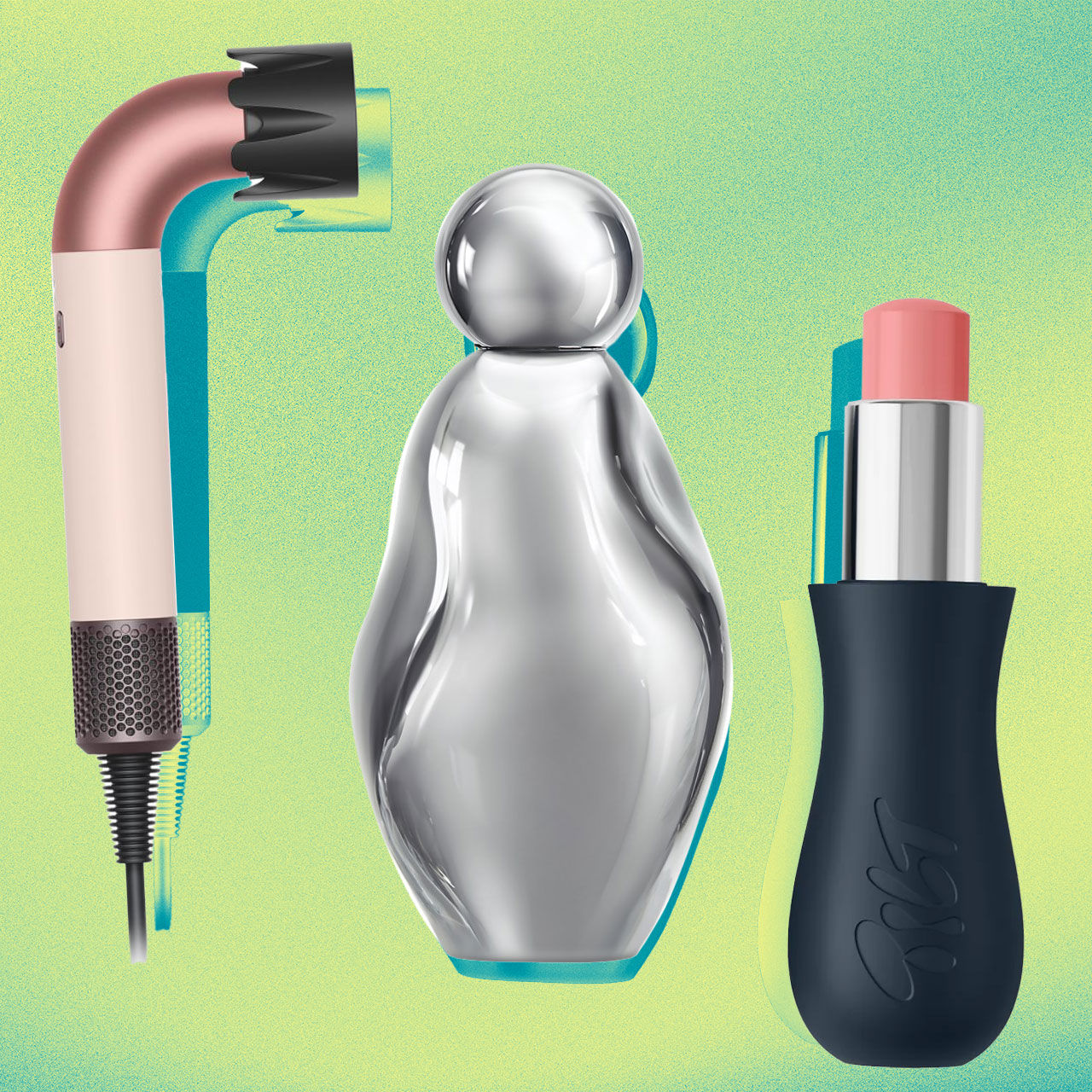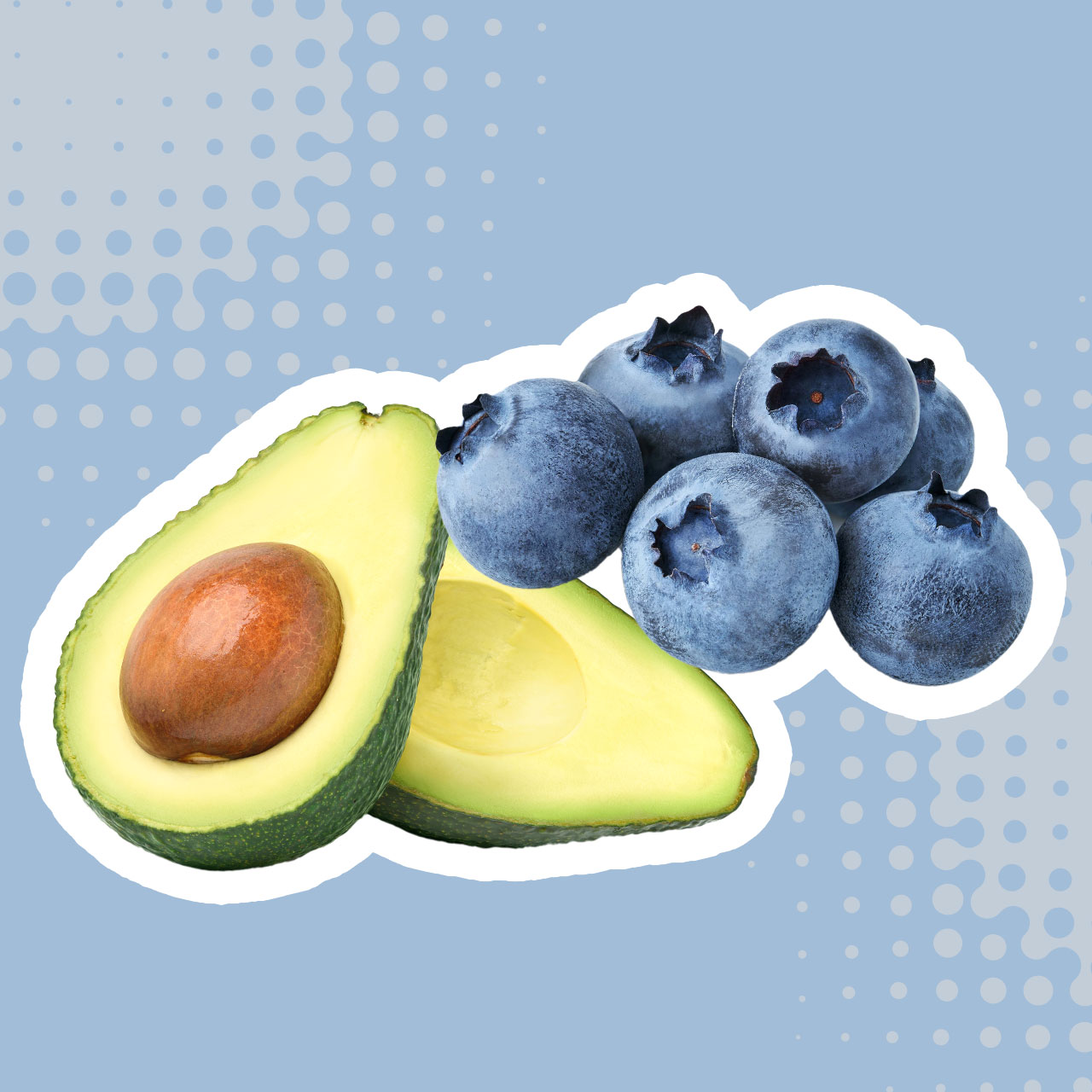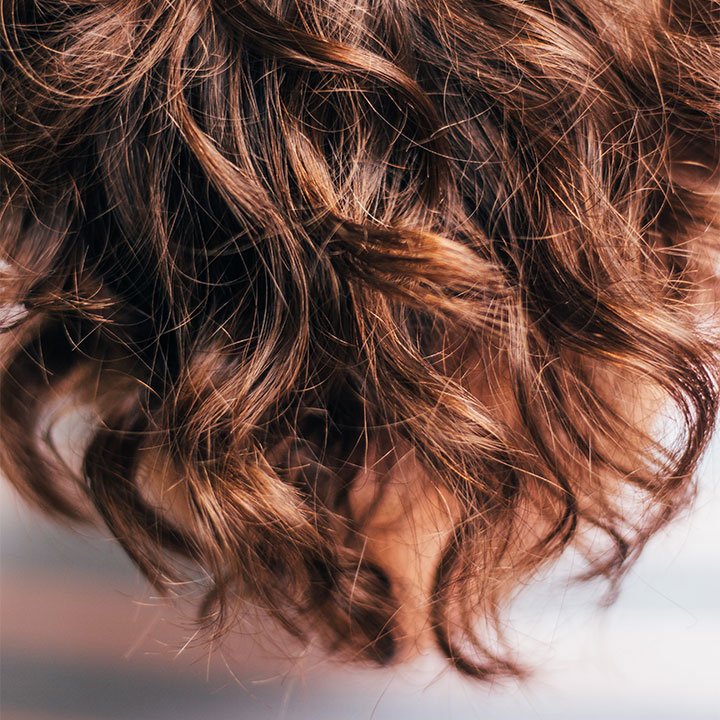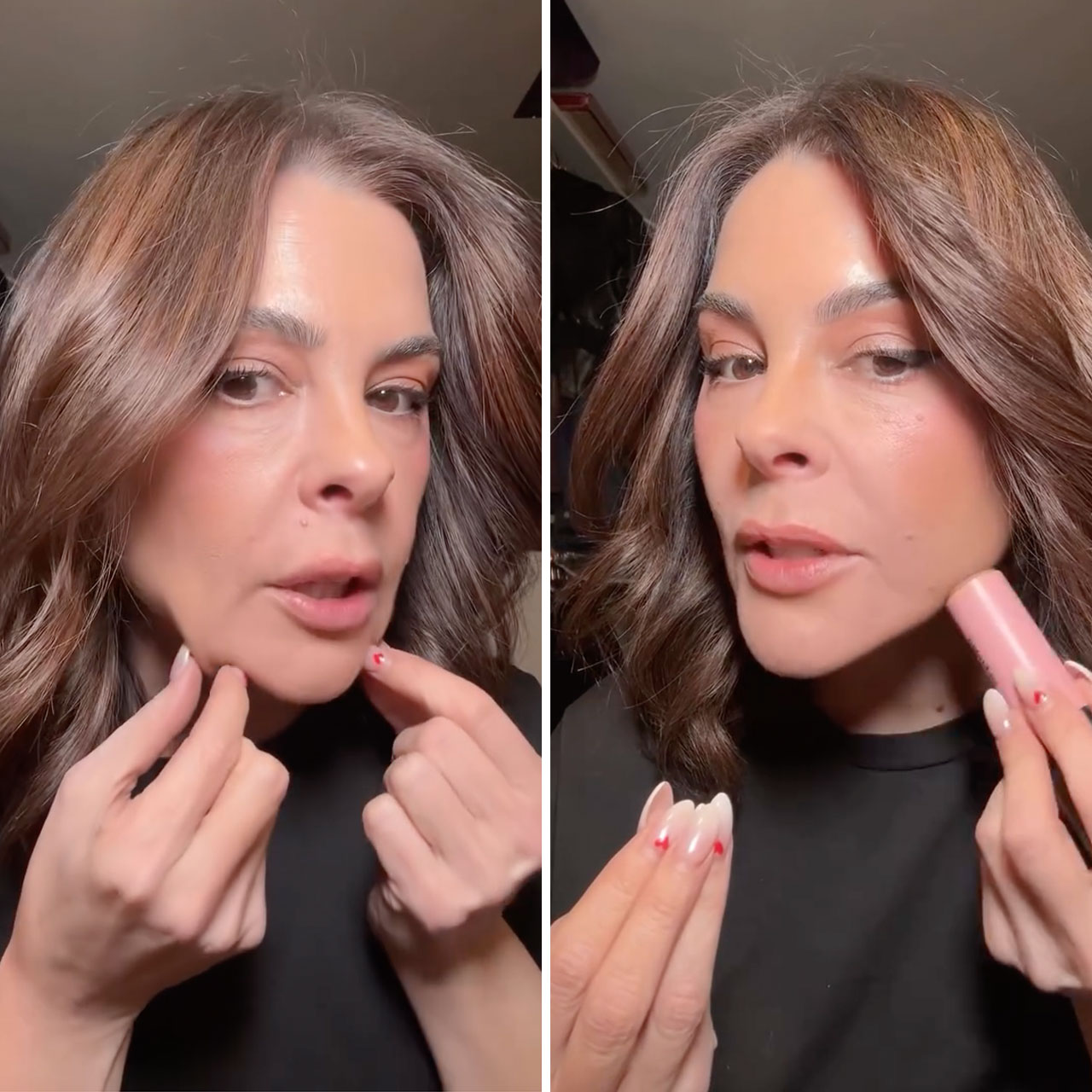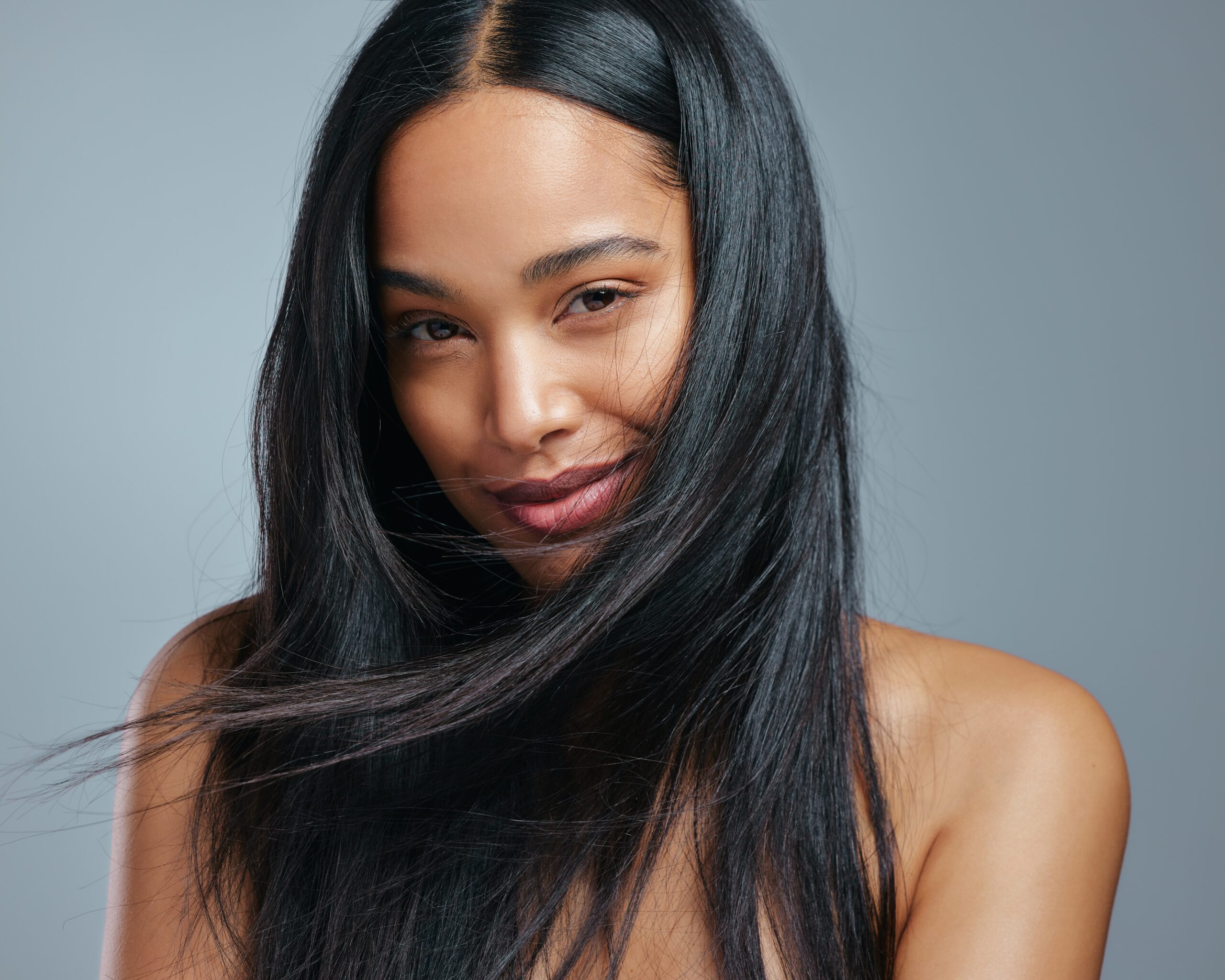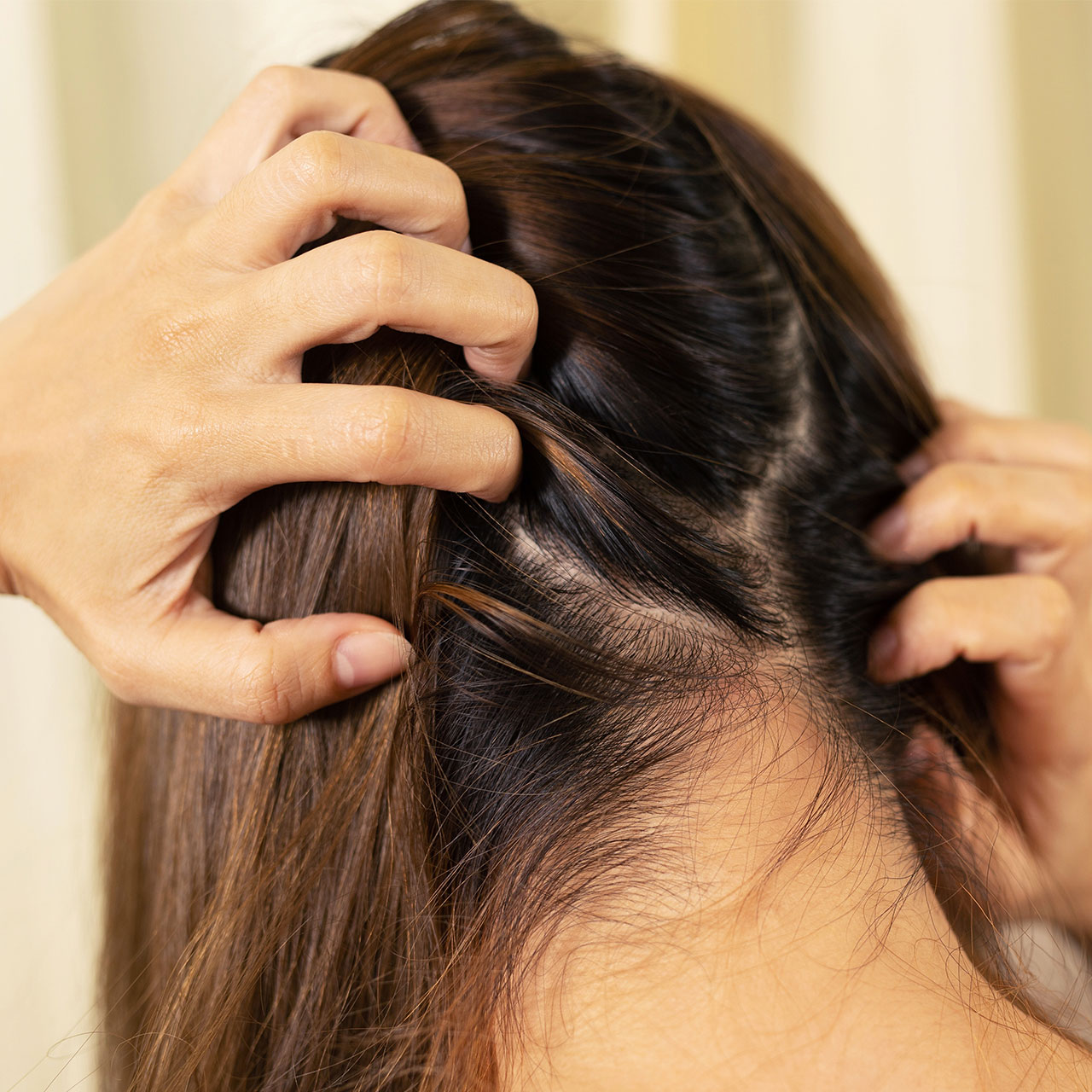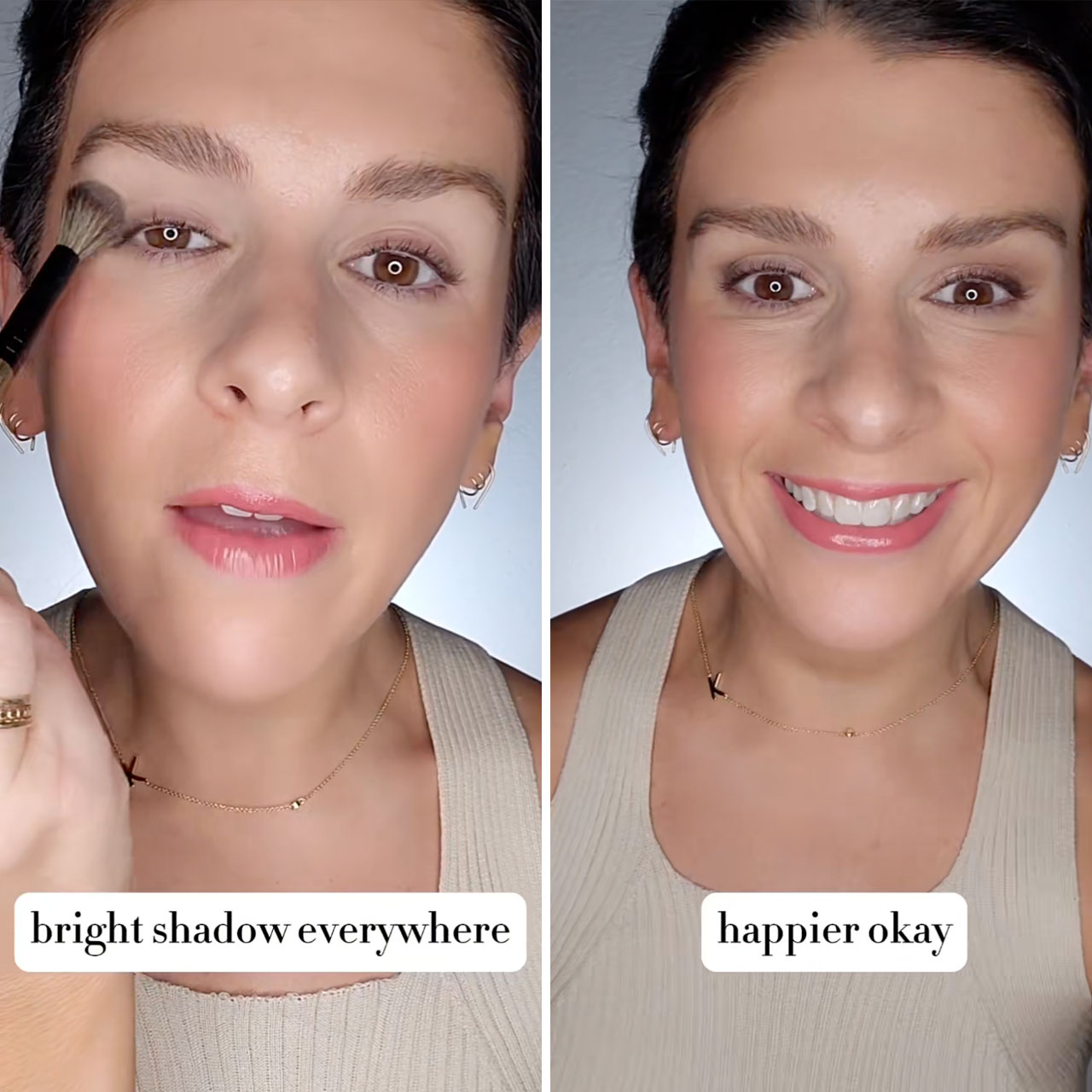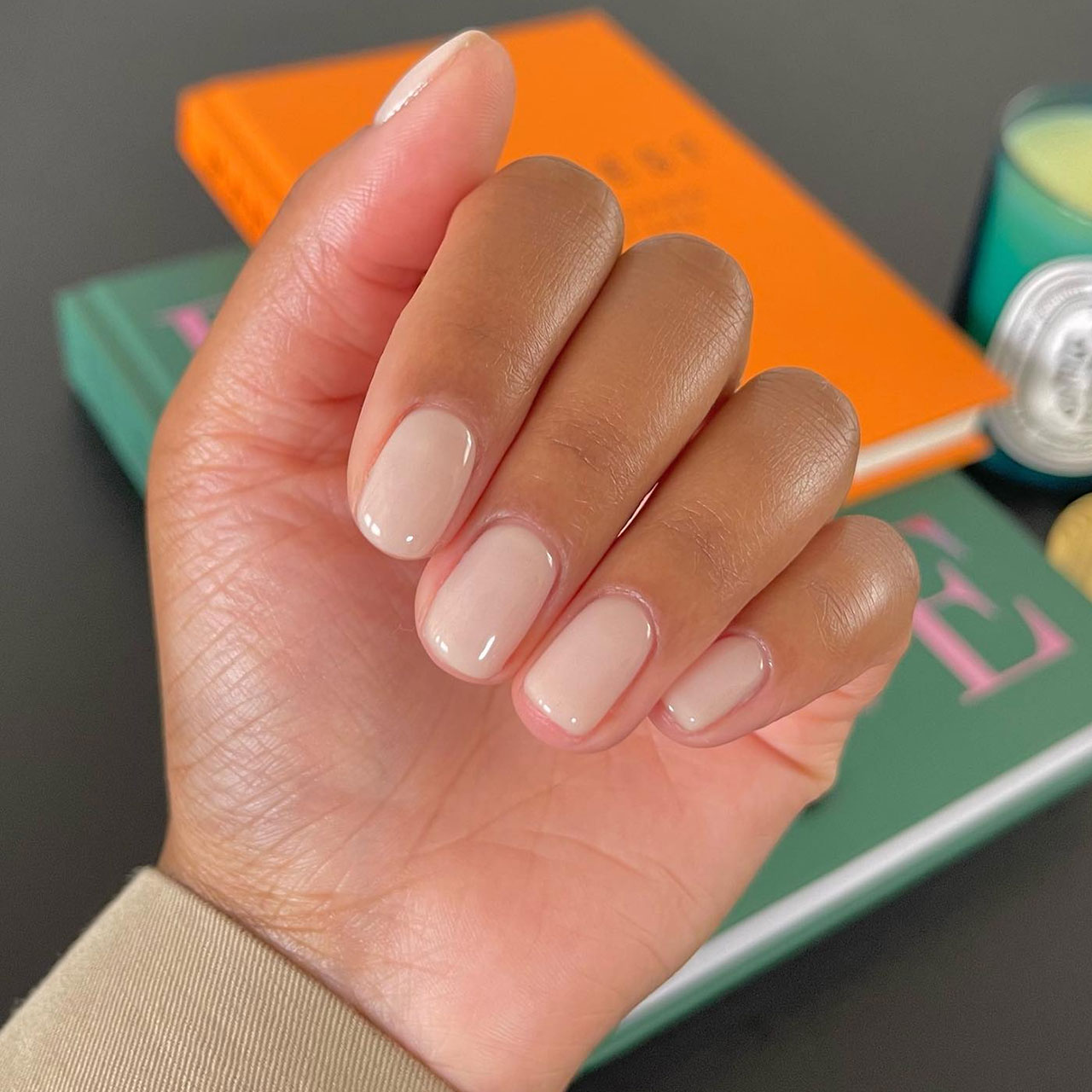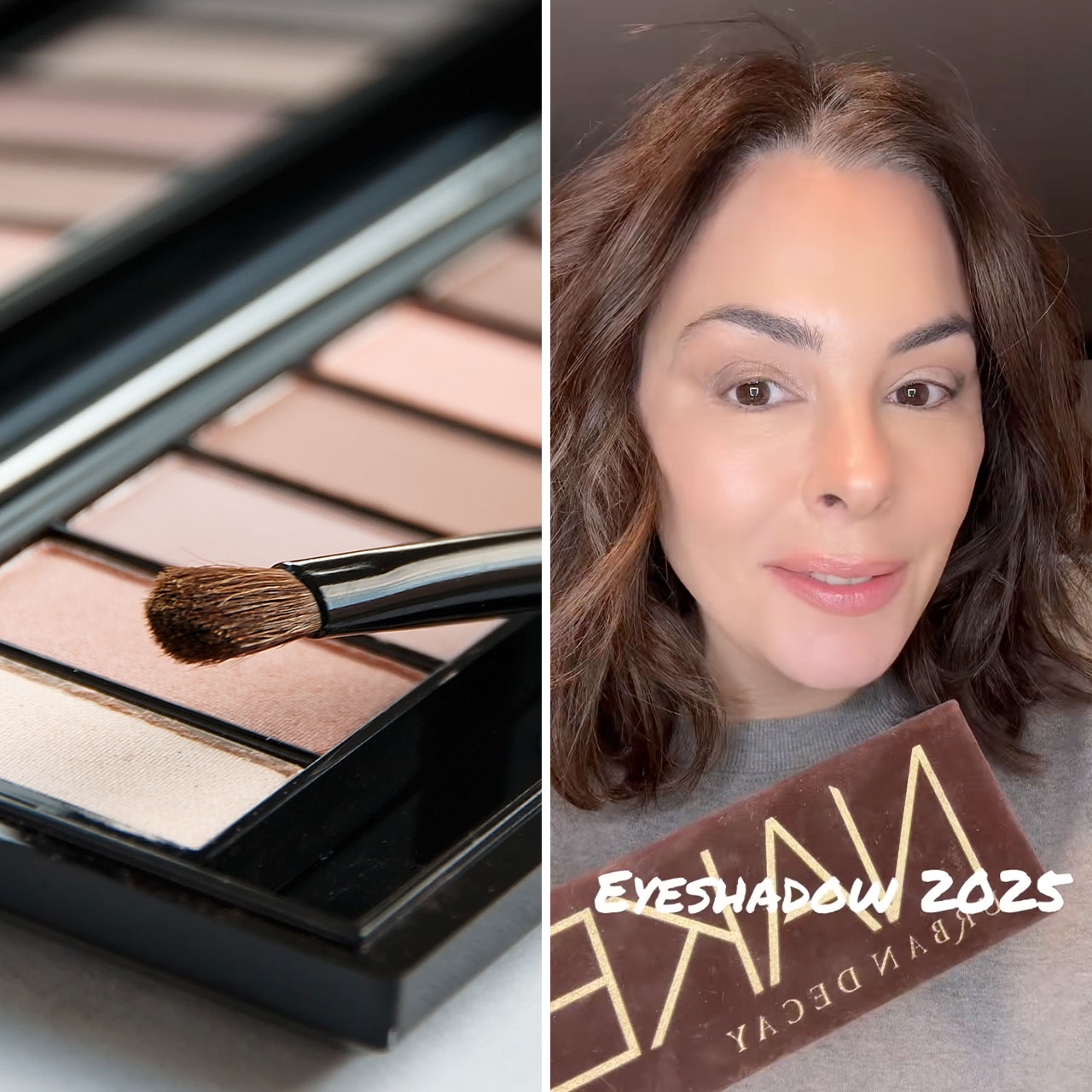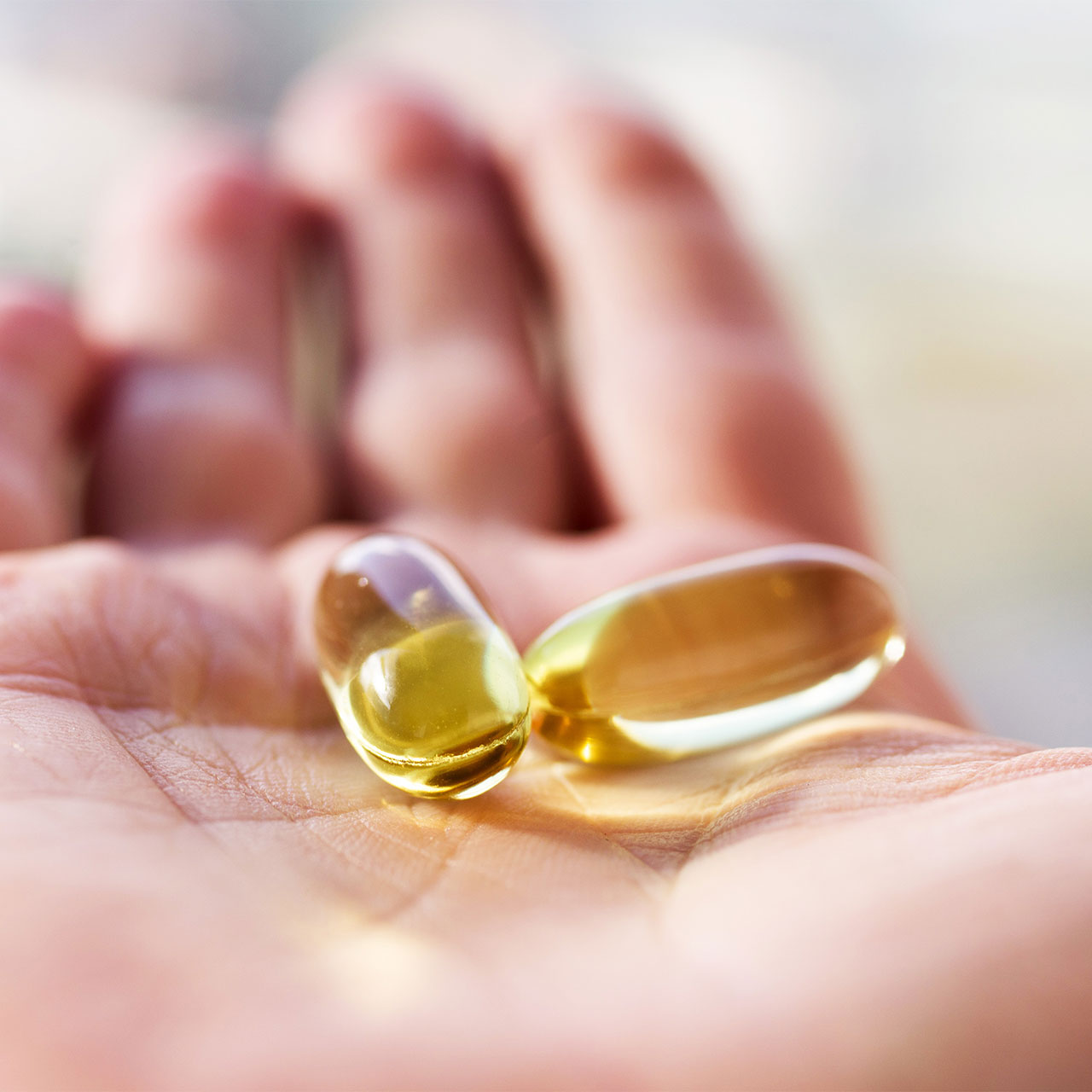That saying “you are what you eat” rings true for your tresses, too. For optimal hair health, there are various nutrient-rich foods experts recommend adding to your diet. Whether you’re experiencing hair loss or thinning or just want to promote shiner, thicker locks through a healthier diet over 40, we’ve got you covered!
We reached out to hair experts for 4 hair-healthy diet suggestions. Read on for tips and insight from Dr. Paula Morgan, MD, PhD, FRCPC, FAAD, dermatologist and medical consultant for Better Goods, Ghanima Abdullah, hair expert and cosmetologist at The Right Hairstyles, and Dr. Emmanuel Loucas, MD, dermatologist and director of SINY and Water’s Edge Dermatology.


1. Eat More Protein
Protein increases keratin synthesis in the body, Abdullah explains, so this nutrient is often linked to stronger hair and nails. "This seems like a no-brainer, but eating protein-rich foods really does help keratin synthesis," she says. Keratin, built from the amino acids in collagen, is the protein that makes up "most of your hair and nails," so getting more of it in your system will help keep them strong, despite the inevitable effects of aging, she says. Protein-rich foods include "yogurt, meats like chicken and beef, legumes and nuts," she adds.

2. Add More Essential Fatty Acids
Hair is made of proteins, so a diet balanced with protein can "help hair health,” Loucas reiterates. While he also recommends "foods high in protein such as chicken, turkey, fish, dairy, eggs, legumes ( i.e. beans), and nuts," Dr. Loucas also suggests essential fatty acids that contain omega-3 & 6 fatty acids. This includes "fish, pumpkin and flax seeds, walnuts, enriched breads and pastas." All of these, he says, can help prevent dryness in hair.
Loucas also says that fatty fish (salmon), red meat, shrimp, oysters, soybeans/beans, nuts, seeds, sweet peppers, sweet potatoes, avocados, eggs, berries and spinach “will help promote hair health.” It is also essential, he notes, that you take in a "healthy balance of vitamins and minerals such as vitamins A, C, E, zinc and selenium. Selenium is a trace mineral that has an important role in hair growth. It is a major nutrient with many hair benefits and can be obtained from Brazil nuts, seafoods, organ meats, cereals and other grains.

3. Hydrate Frequently
As drinking enough water (6-8 glasses per day) is necessary for all of your bodily functions, this is also imperative for a healthier scalp and locks, Morgan says. Keeping your skin (and scalp) hydrated often means shinier, thicker hair. "The scalp is rich in beneficial bacteria that keeps the hair growing and looking healthy," she explains, so drinking enough water as part of a "diet full of healthy fats, like avocados, fish oils, and olive oil" is "critical for scalp health, and keeping hair looking full and healthy." Signs that you aren't drinking enough water, Morgan says, include hair breakage, which is the "number one reason for hair looking thinner."

4. Take A Biotin Supplement
While some foods do contain biotin in them (such as egg yolks, nuts, seeds and legumes), Morgan recommends opting for more of the vitamin in your diet, perhaps through supplementation. "Biotin benefits your hair in more ways than you may realize," she says, adding that it "helps to reduce brittleness and dryness, while simultaneously encouraging healthy growth of new strands." The ultimate result many find through supplementation, she explains, is "stronger, healthier hair that has a chance at growing longer and faster."
"Biotin has become very popular in recent years for its abilities to improve the strength, thickness, shine, and health of both skin and hair," Morgan continues. Biotin is a B-complex vitamin that helps metabolize fats and carbohydrates. This vitamin, she continues, is a "common ingredient in beauty products because it effectively promotes the growth of strong and healthy hair." The vitamin works by increasing keratin production in hair follicles. "Since biotin is a key element in metabolizing fats and carbohydrates for energy, it becomes essential when forming a major part of cells that make up hair shafts," Morgan points out. "The stronger the shaft, the more resilient it'll be to breakage."


